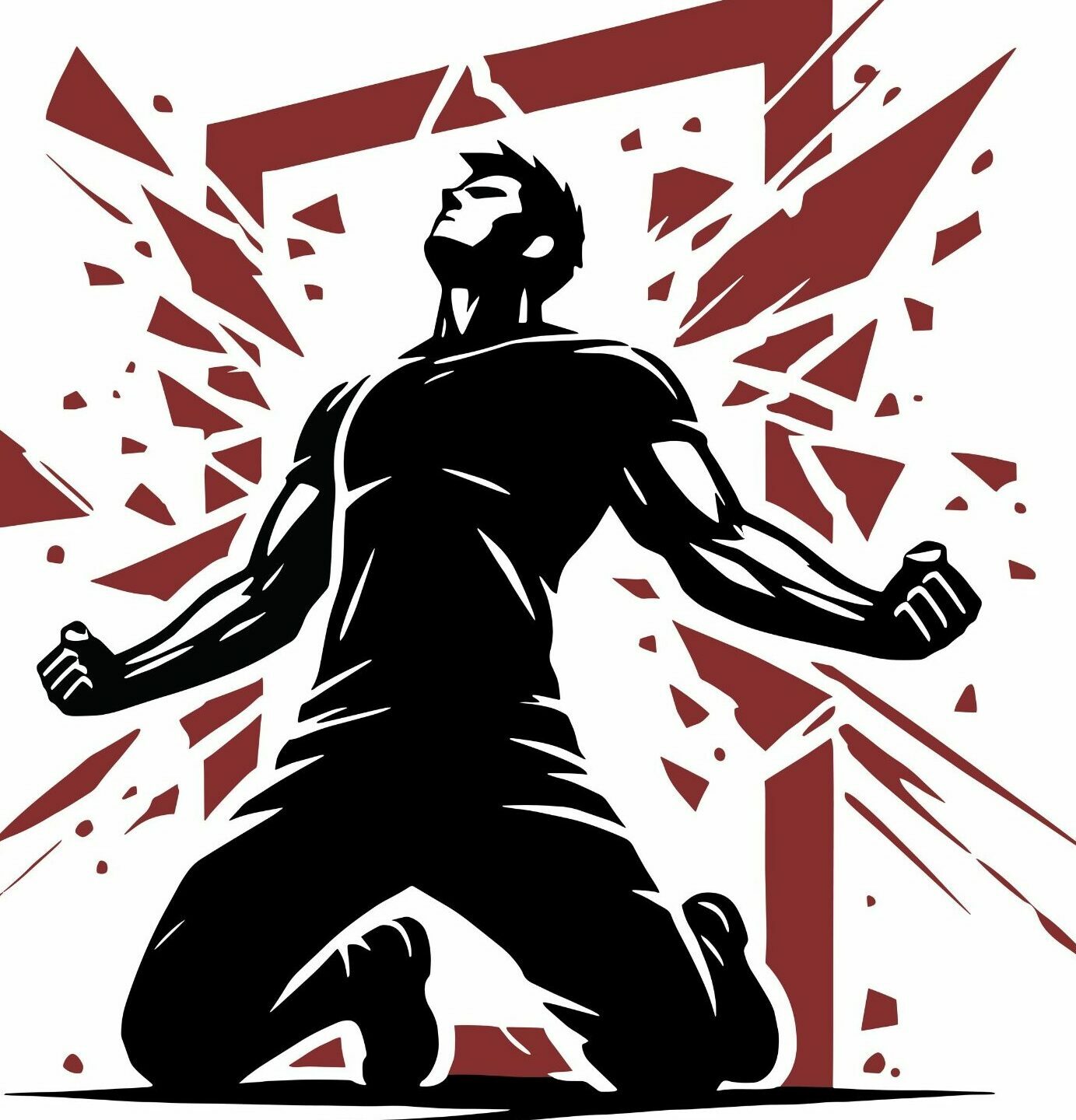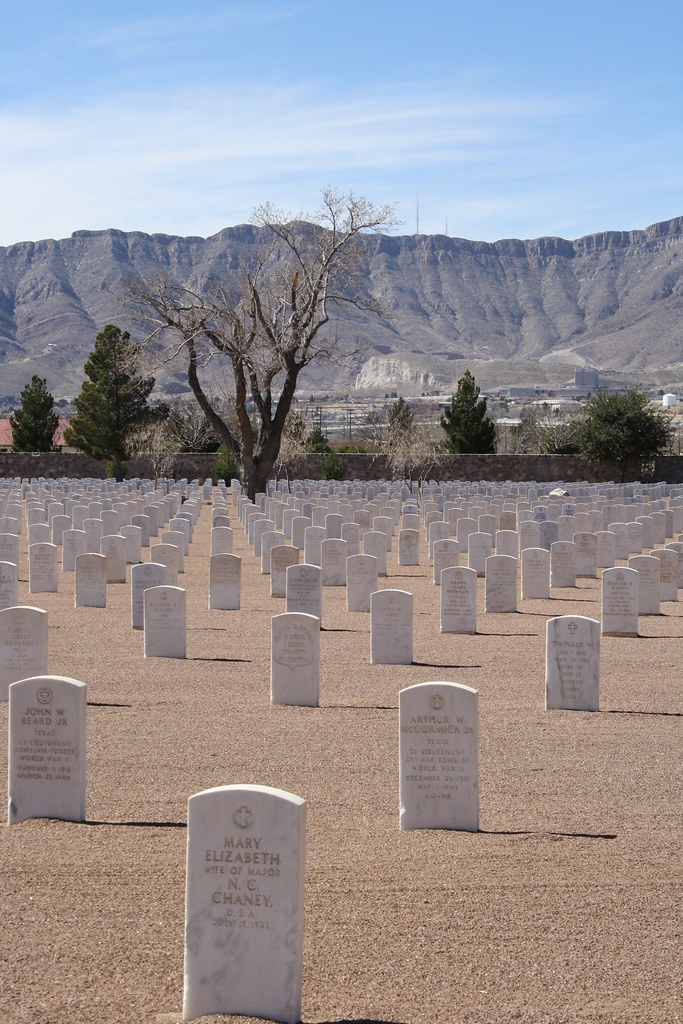The ward’s staff led me to room where he lay, his wife sat in the corner fighting a losing battle with her tears. Just the sight of her forced me to do the same, but once I saw his lifeless body partially covered with a sheet, I let the tears take over. It saddened me to think that this Soldier’s final thought in his short life was to simply end it.
The last time I saw him alive was just a few hours before; he was in the emergency room after attempting suicide but slicing open his abdomen. Thankfully, his daughter had found him in time to call 911. My commander and I spent an hour or so talking with him and ensured his family was taken care of so that all he had to worry about was healing. We told him see him in the morning as we said our goodbyes for the evening. Since he was now stable, later that night the hospital moved him into the in-patient behavioral health ward so that he would remain safe from himself. It did not help.
He was so committed to taking his life that he found a way to do so in the safest place he could have been. He removed the bandages from his abdominal wound, then began to swallow them until he asphyxiated. By the time the ward personnel found him, it was too late. He had died from a lack of oxygen; he basically choked himself to death. He was that desperate to end this life.
He had been struggling with depression for a number of years but was only recently receiving professional help after a nervous breakdown forced him to confront the demons within. He was one of 325 military members that committed suicide in 2018, 325 too many. I was able to get to know him on a personal level because we chatted quite a bit during my visits to the hospital. It was at these talks that I finally learned the source of his depression: sexual assault.
During his initial days in his first unit 20 years prior, his teammates celebrated his arrival with a night of platoon initiations that included, but not limited to, gang raping him as he cried out in a mixture of horror, confusion, and pain. This was the norm, senior leaders ignored and, in some instances, condoned these hazing activities because they were “traditional” and “built comradery” within the organization. He carried this dark secret for two decades and never reported his rape due to shame and fear of the military ostracizing him.
As a medic, this was not my first death. I have held the hands of Soldiers as they breathed their last, but his death was the hardest. Not only was he the only suicide under my charge, but we became close over the months before his death because we shared the common bond of being victims of rape. We both grew up within a society that forced its males to hold their feelings deep inside, to never show emotion, and to live by the machismo concepts of what makes a “real man.” We did not want others to think less of us or perceive us as weak, so we kept the hidden shame of our past buried away until our bodies mentally and physically forced it out.



